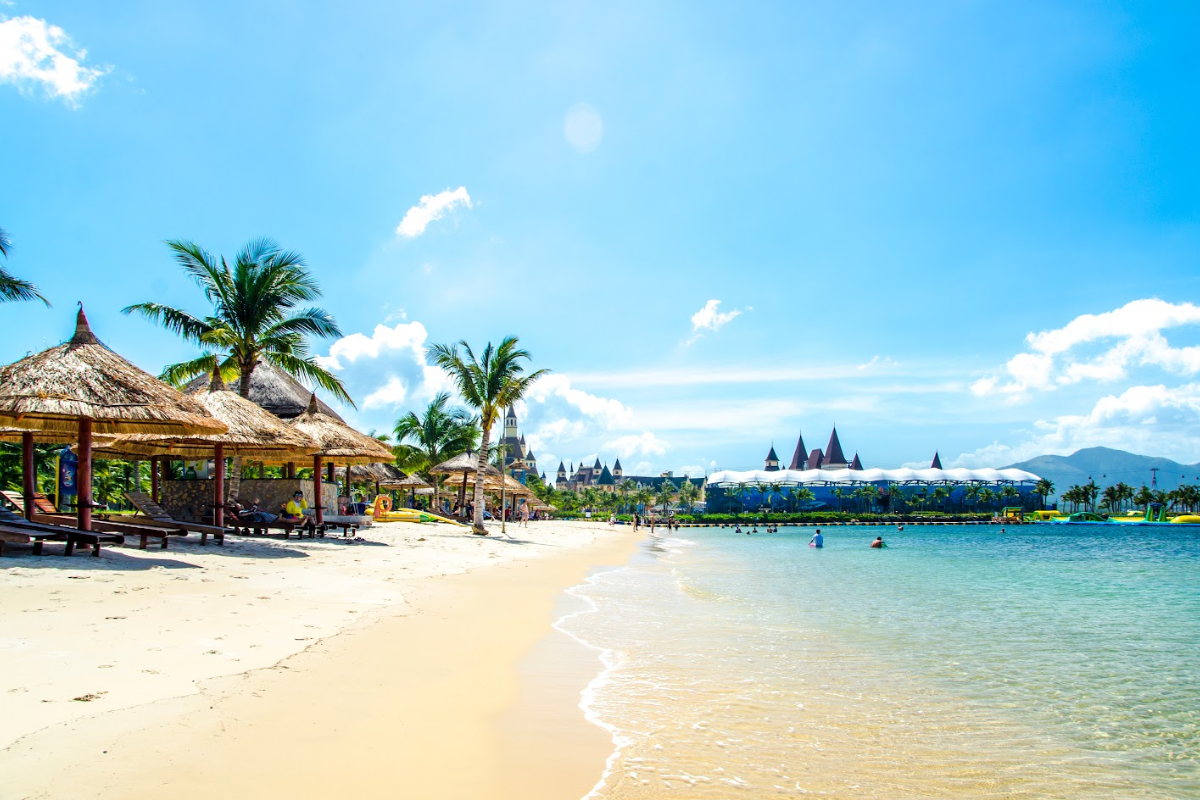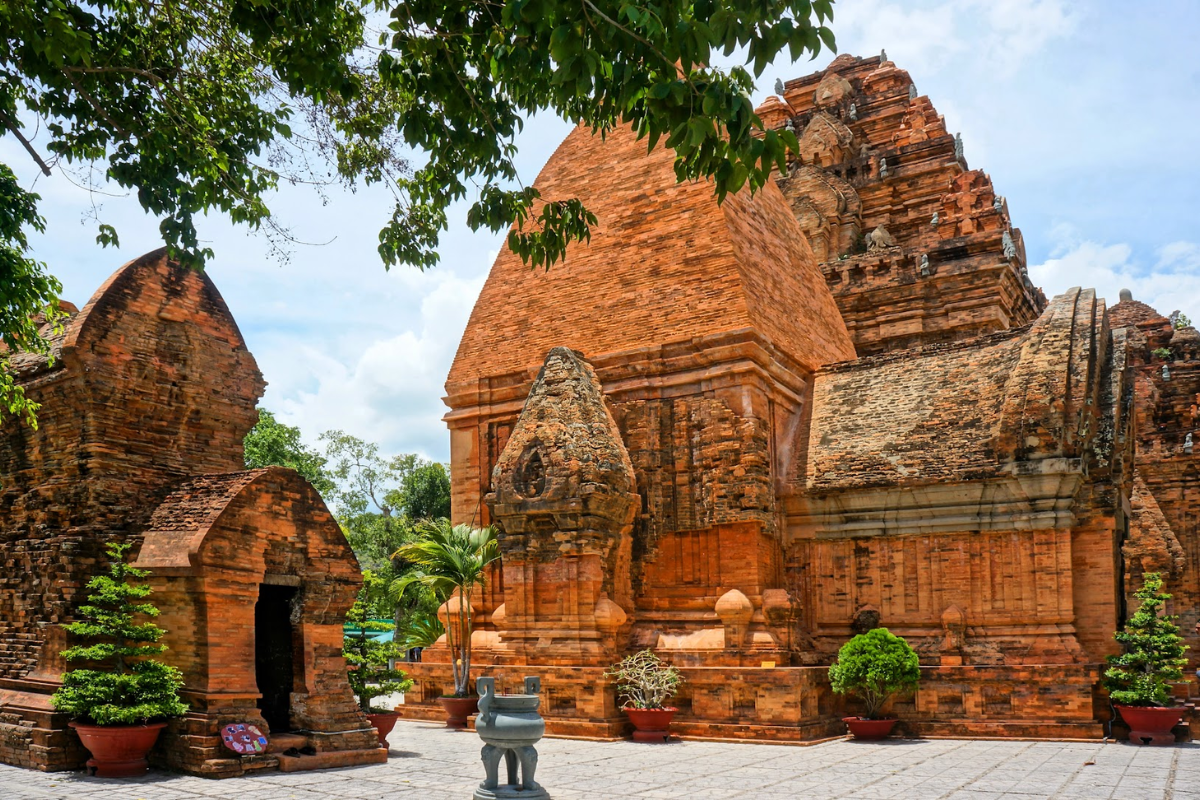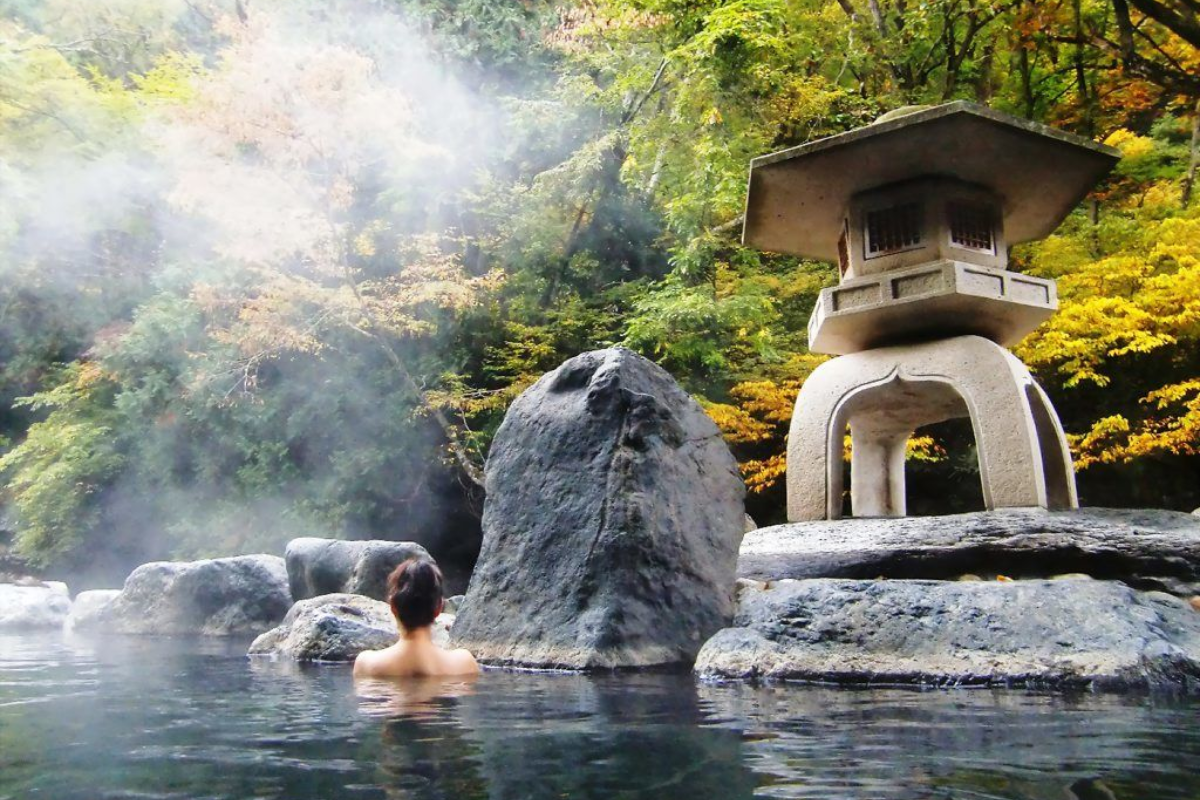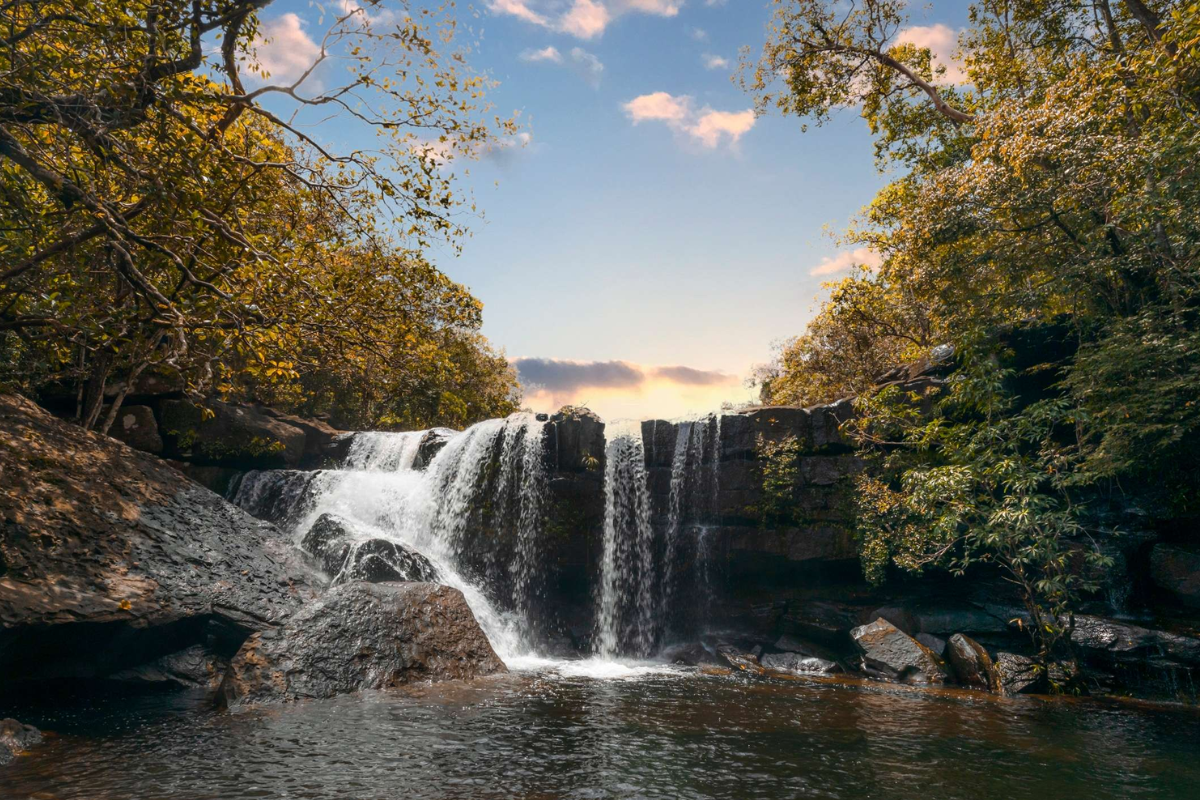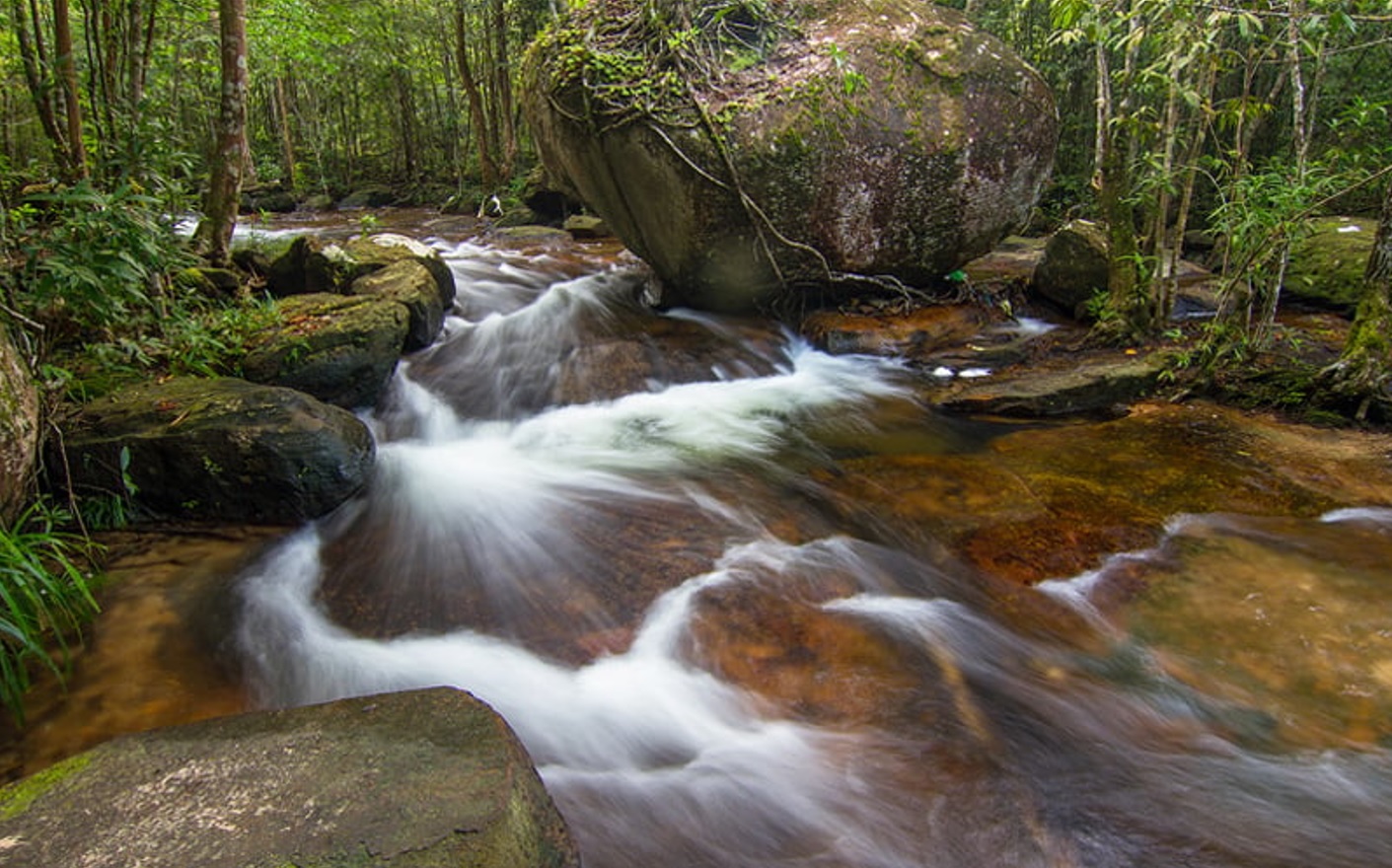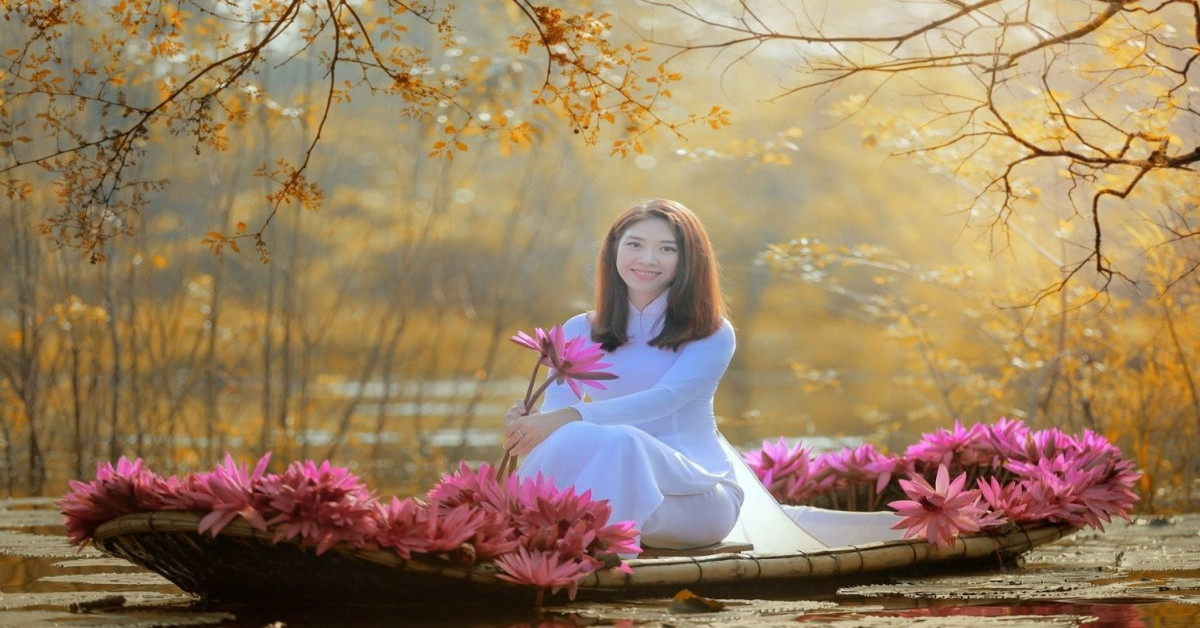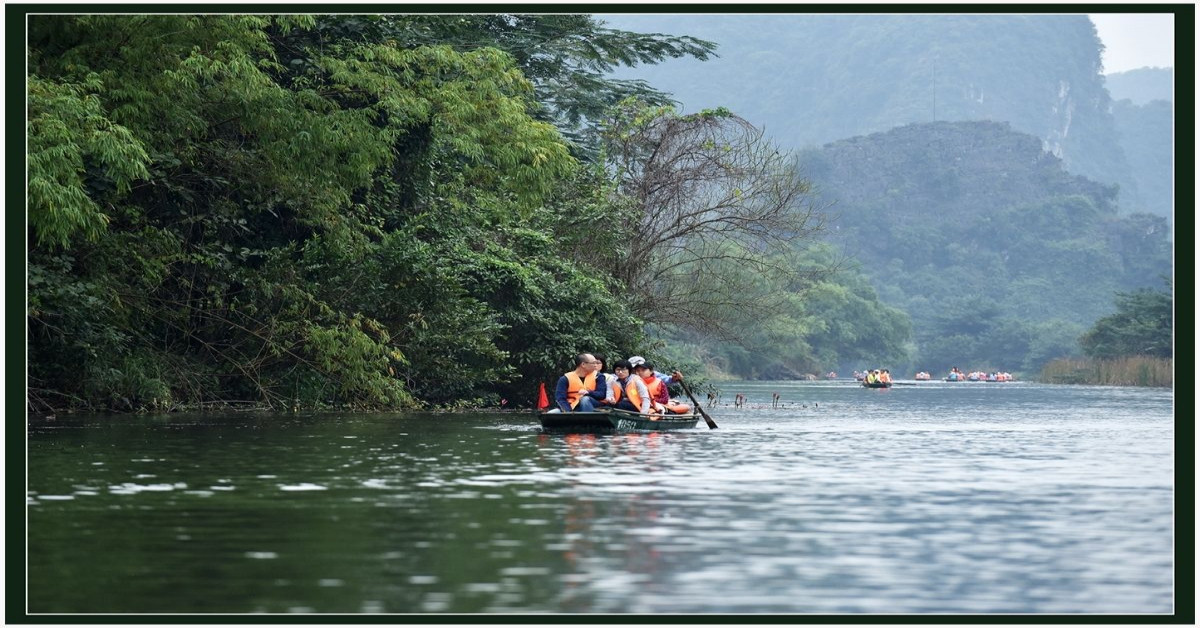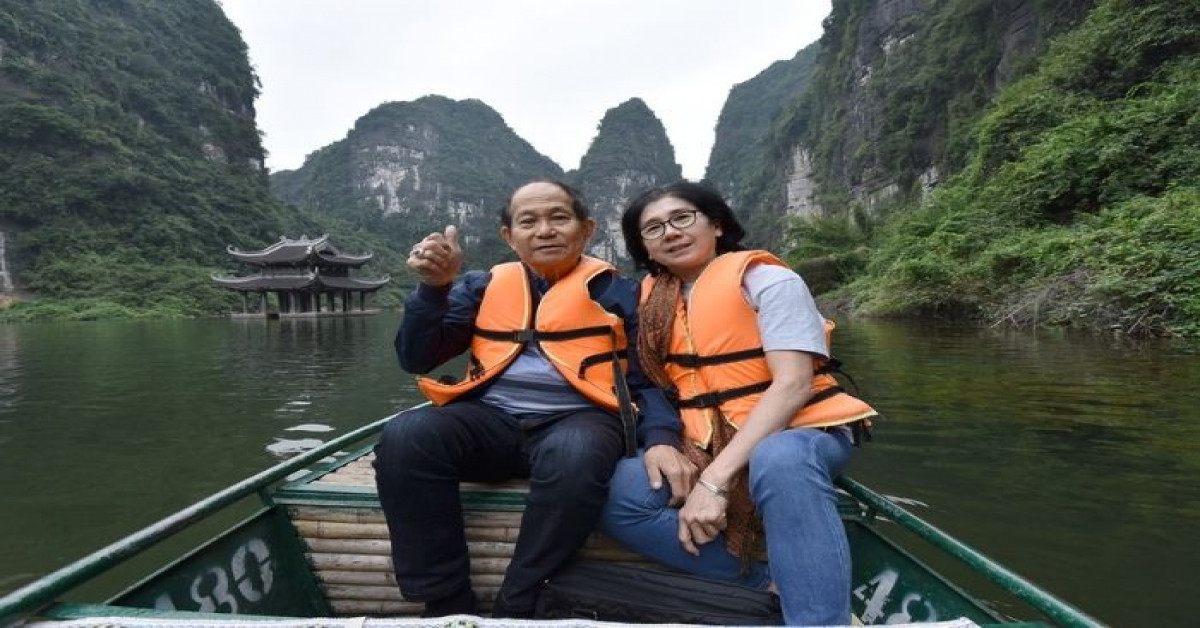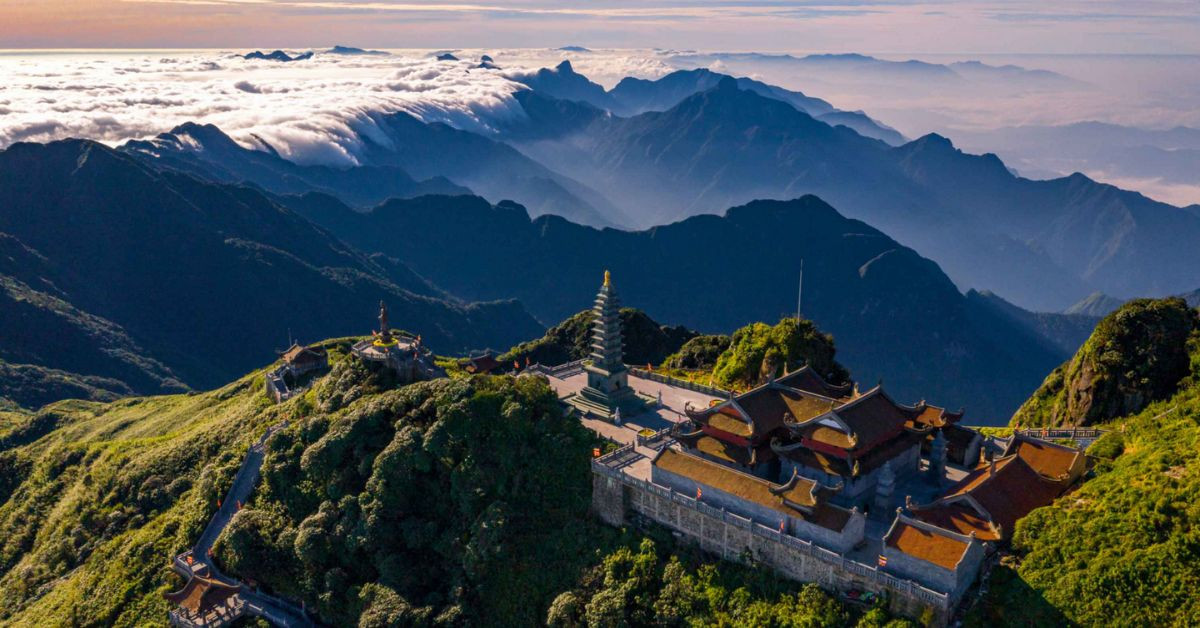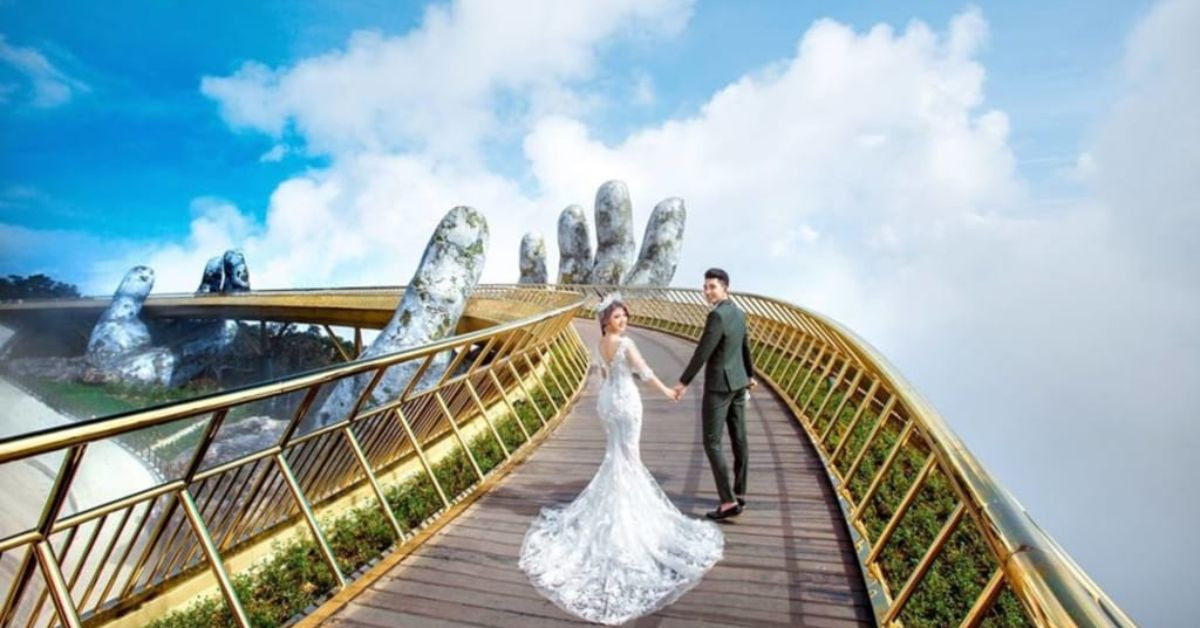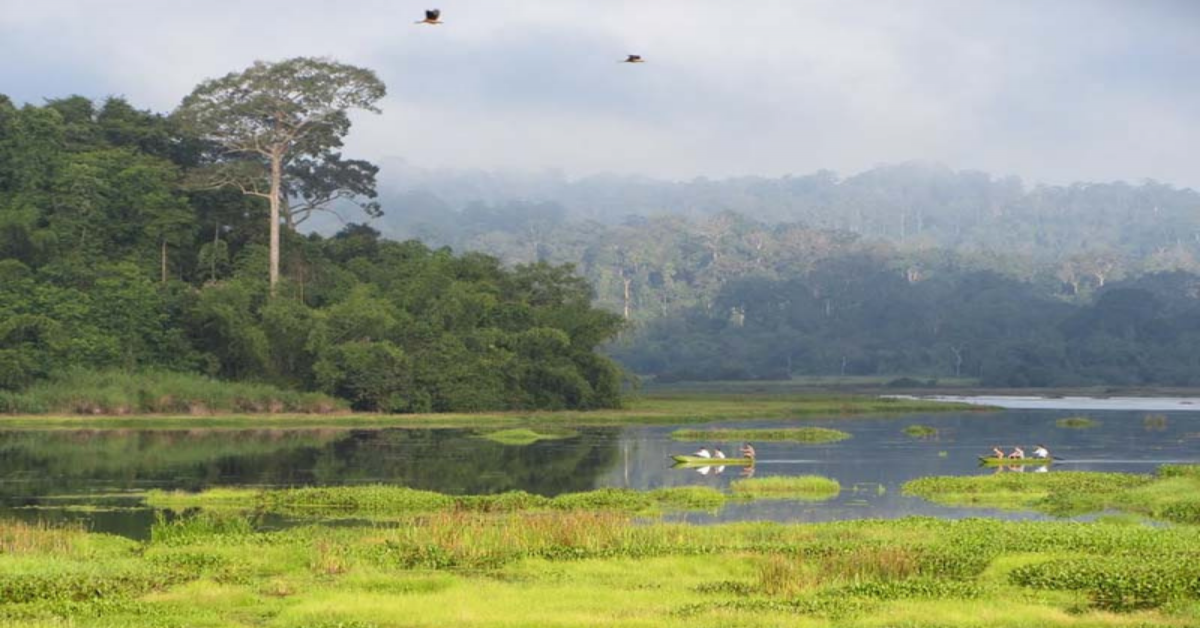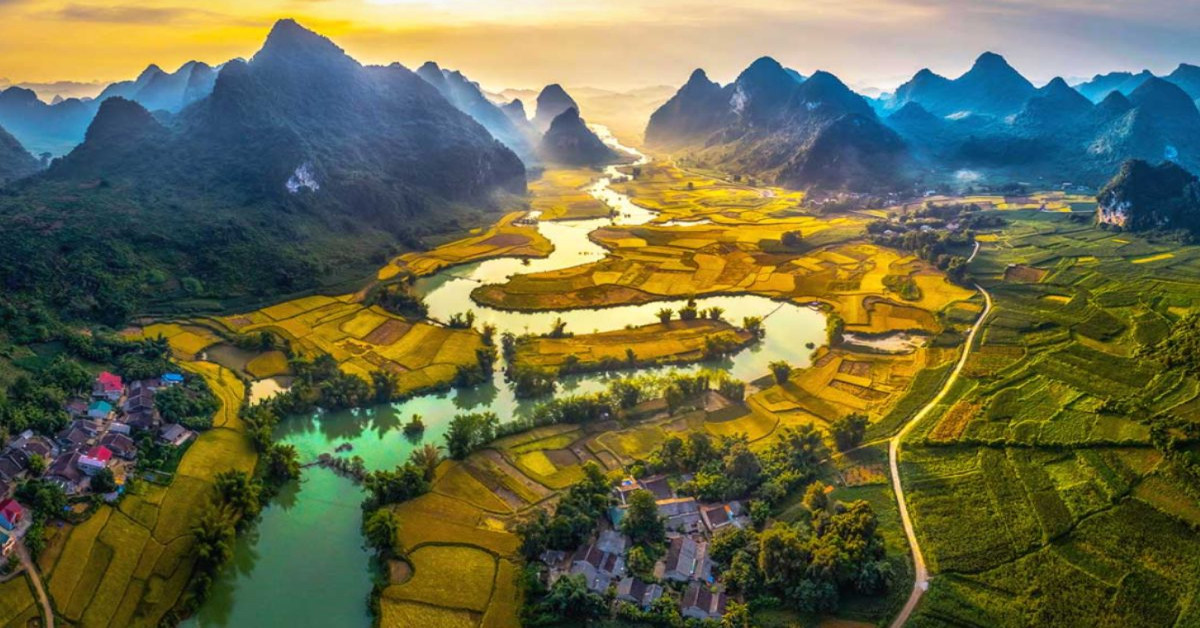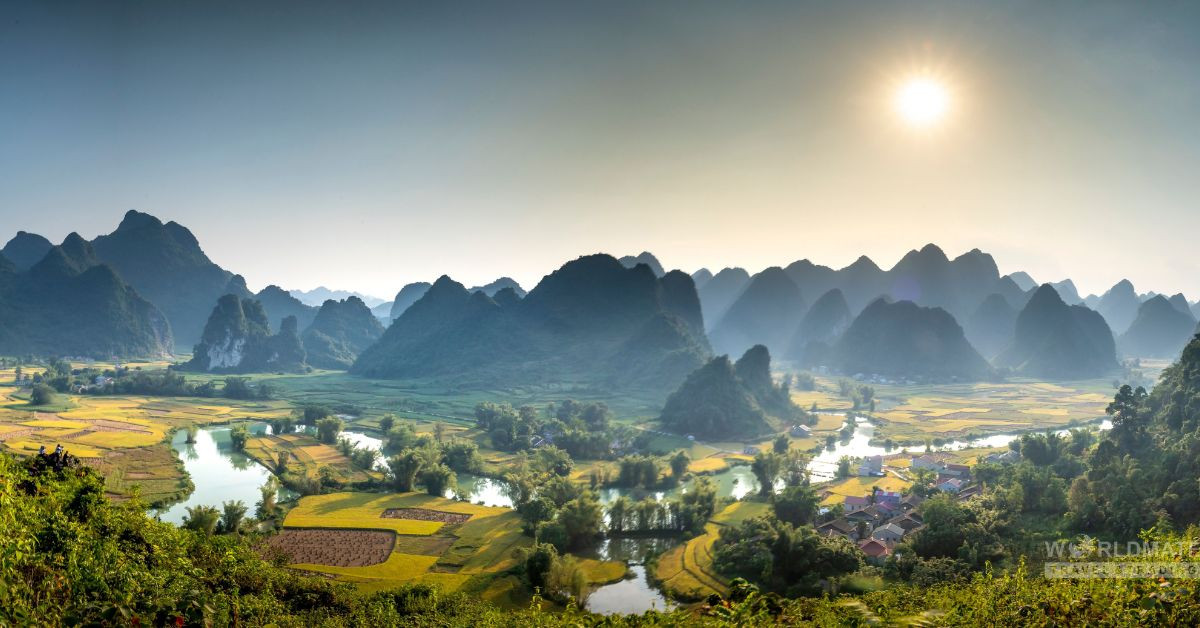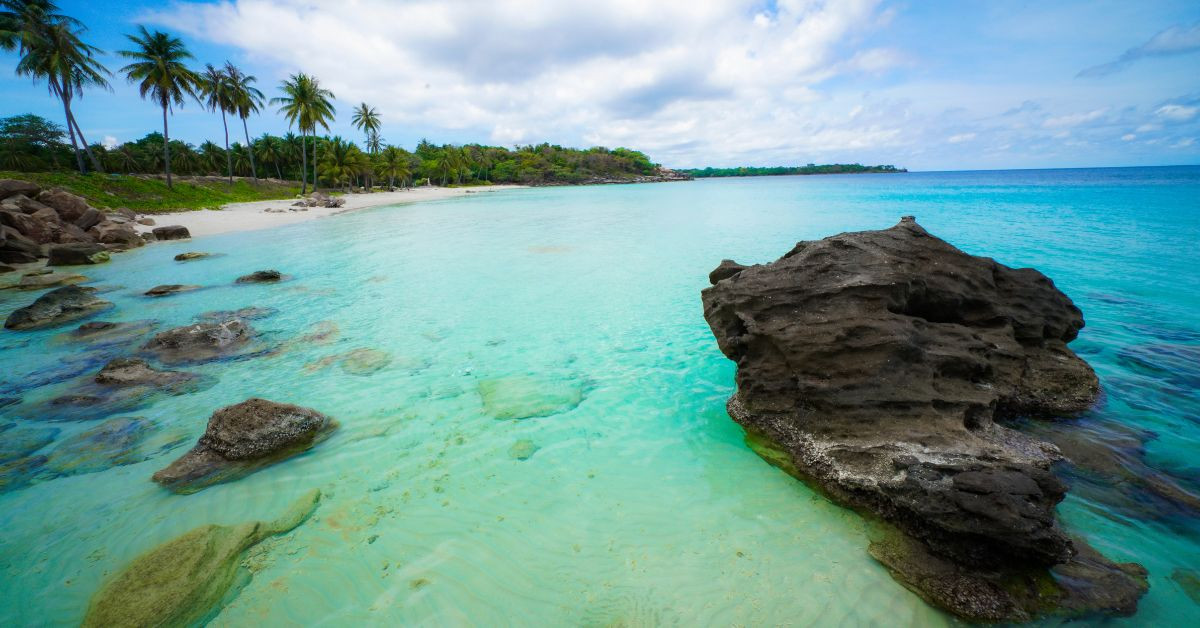Spiritual Tourism: Exploring religious sites - Reconnecting with Humanity's Spiritual Roots
Such a special form of travel, spiritual tourism is becoming more and more popular these days due to its interest in telling legends and local religions across your chosen spiritual destination. It is a way for travelers to reconnect with their spiritual roots and gain a deeper understanding of their faith. Whether visiting ancient temples in Asia, exploring the holy sites of Jerusalem, or experiencing the spiritual energy of the Himalayas, spiritual tourism offers a unique and transformative travel experience.
In this article, we will delve deeper into the concept of spiritual tourism and explore some of the most popular destinations for those seeking a spiritual journey.
What is Spiritual Tourism?
Before delving into what is spiritual tourism, it is crucial to understand the term tourism itself. According to the International Union of Official Travel Organizations, tourism refers to traveling to a destination other than permanent residence for non-business purposes.
Spiritual tourism is a form of cultural tourism or culture tours that focuses on satisfying our needs through cultural and spiritual elements. It aims to utilize cultural resources and beliefs about a higher power. It provides a sense of fulfillment and connection to our ancestors and tradition. Ultimately, spiritual tourism caters to the needs of believers seeking spiritual enrichment.
Regarding spiritual terms, people In Vietnam and many other Asia regions place great importance on spiritual matters, which are deeply ingrained in our culture. During holidays and the new year, it is common for people to visit spiritual sites to pray for their well-being, financial prosperity, and spiritual fulfillment. Accordingly, spiritual tourism plays a crucial role in the Asia lifestyle as a whole.
Spiritual places to visit: Things to consider
The concept of spiritual tourism has been present globally for a significant period of time. But it has only gained attention in Vietnam in recent years due to the development of economic and social conditions. The first international conference on spiritual tourism in Ninh Binh, initiated by the Secretary-General of the World Tourism Organization (UNWTO) Taleb Rifai in November 2013, has played a significant role in promoting spiritual tourism in Vietnam.
UNWTO has recognized Vietnam as a strong country in the field of spiritual tourism. It is a journey allowing individuals to explore the spiritual world and return to their inner selves to find peace and positivity. Particularly in the East Asian region, spiritual culture has created depth and vitality for Vietnamese culture, community, and nation.
Unlike other types of tourism, choosing spiritual tourism is not a handy test. It requires proper understanding and preparation before jumping on the journey.
Spiritual wellness activities in Travel
When it comes to traveling aims for Spiritual wellness activities, let’s explore the diverse types of spiritual tourism available in Vietnam and other Asia parts. Due to the diversity of cultures and beliefs across nations, there are 3 significant forms of spiritual tourism. The classification here can vary depending on individual needs, desires, and psychology:
- Visiting religious and belief establishments: It is the most popular form of spiritual tourism. You can find it in many Asia travel tours. Although the meaning of spiritual tourism is not yet fully understood, it has attracted a large number of foreign tourists to spiritual destinations. Visitors can explore spiritual destinations such as pagodas and temples to admire their beauty and significance.
- Visiting together with worship and prayer: tourists can express their spirituality by lighting incense and praying for good health, luck, success in work and love, and other blessings in many spiritual destinations. This form is more suitable for those who follow a religion or belief.
- Learning philosophies: Tourists could promote calmness, relaxation, and improved health while visiting spiritual destinations. This type of tourism is ideal for those seeking personal growth and self-discovery.
Preparing before talking about spiritual tourism
Since spiritual tourism comes along with the consideration of culture and beliefs, there are some kinds of notices for tourists when joining spiritual tourism for not being rude to locals:
- When embarking on spiritual tourism in Vietnam, Laos, Cambodia, and some other South East Asia countries, you should pay attention to your attire and dress. Prior to visiting any spiritual travel destinations, consult with your travel and tour operation for any dress code requirements. Typically, modesty is accomplished with clothing covering from the shoulders to the knees. Dressing respectfully not only shows reverence for the place of worship, but also reflects positively on your character.
- When visiting spiritual travel destinations, you should be mindful of photography restrictions. Even if permission is granted, it is best to avoid using Flash as it can damage artifacts. Taking pictures in spiritual destinations can be treated as disrespectful to sacredness.
- Donating whenever it is possible is a great way to support the maintenance and restoration of these ancient structures within spiritual travel destinations. The upkeep of these sites can be costly, and any contribution, no matter how small, can make a difference.
- Take the time to fully immerse yourself in each area, spending at least 5 minutes in each spiritual travel destination. The popular purpose of spiritual tourism is to find peace and relaxation, so take in the surroundings, observe the architecture, and appreciate the spiritual values that are present.
Spiritual tourism examples of dangers
Spiritual tourism in Vietnam has brought about both positive and negative impacts. While it has contributed to the development of folk religion and regional cultural identity, it has also resulted in the commercialization of spiritual establishments.
It has led to mandatory purchases of ceremonial items at high prices. Also, solo tourists have to wait for a long time to enter the spiritual destinations. Additionally, the construction of more shrines has led to overcrowding and dangerous situations. It provides opportunities for criminal activities such as robbery, pickpocketing, and fighting. So be careful with your carryings.
The management of these sites has also encountered many shortcomings due to the overload of guests, leading to scenes of violation in some spiritual tourism destinations.
Spiritual destinations: Top 5 suggestion for the perfect spiritual tourism journey
1. Thailands
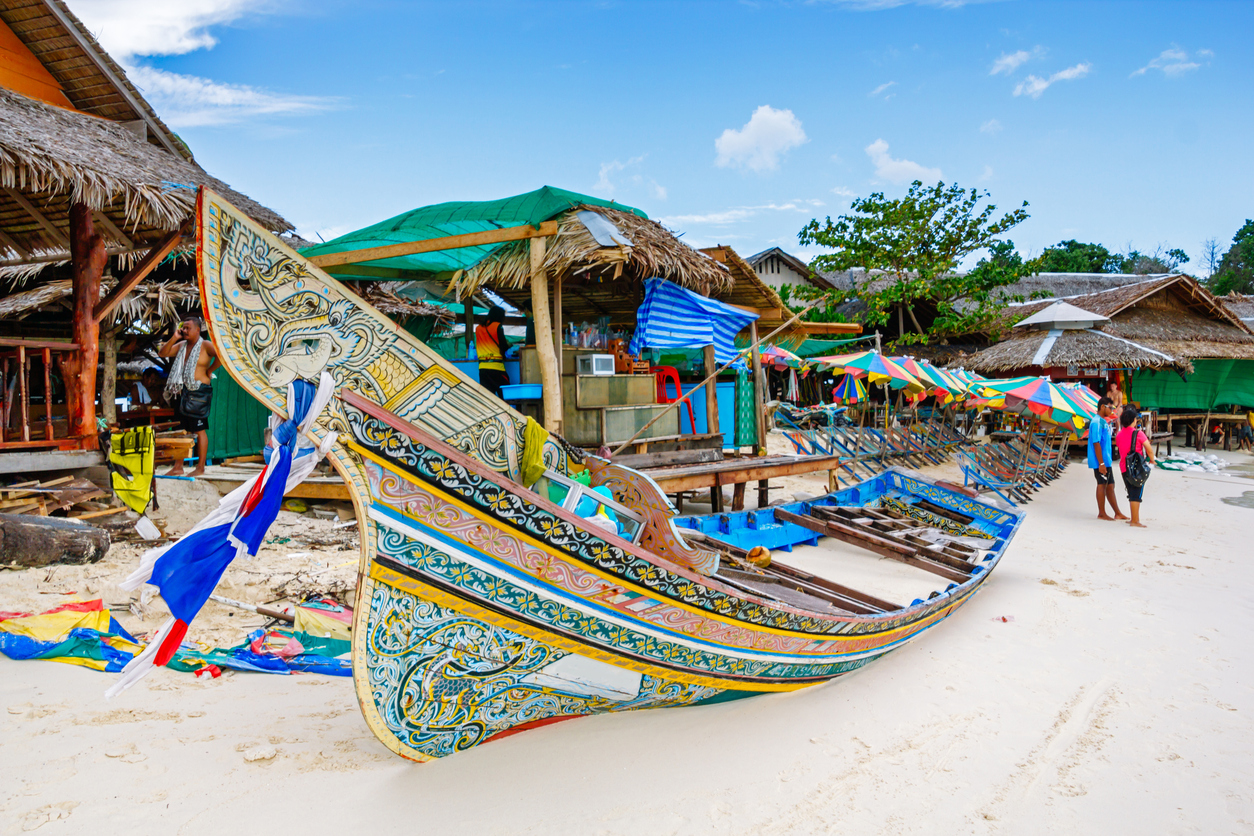
As the land of pagodas and towers, Thailand is adorned with stupas and monks in yellow robes. Thailand is a significant place of spiritual travel destinations. The ancient temples here are home to Buddha relics and boast a unique traditional architectural style.
Among the most beautiful temples in spiritual travel destinations is the Temple of the Emerald Buddha (Wat Phra Kaeo) in Bangkok. This temple is one of the three great national treasures of Thailand and is situated in the northeast corner of the Bangkok Grand Palace.
The temple houses a small yet precious and sacred statue of the Emerald Buddha. While many know of its sanctity, few are aware that it is also known as Ho Quoc Pagoda from the Chakri Dynasty. It was built in 1784 as a place to worship the Emerald Buddha and organize religious ceremonies for the Thai Royal Family.
2. Myanmar

In Yangon, Myanmar, visitors can enjoy spiritual tourism following the golden light to the Shwedagon Pagoda, which is the holiest temple in the country. Even former US President Barack Obama paid his respects by walking barefoot and offering flowers to the temple's sacred treasures, including relics of Buddha Shakyamuni.
The temple's architecture is also a treasure, located on a hill that offers a panoramic view of Yangon. Devotees often circle the temple tower in a clockwise direction and visit the seven water tanks corresponding to the seven planets and days of the week. Many Vietnamese tourists bring back small spiritual souvenirs as lucky spiritual treasures after their pilgrimage to Myanmar.
Featured Tour: Myanmar Tour
3. Con Dao- VietNam
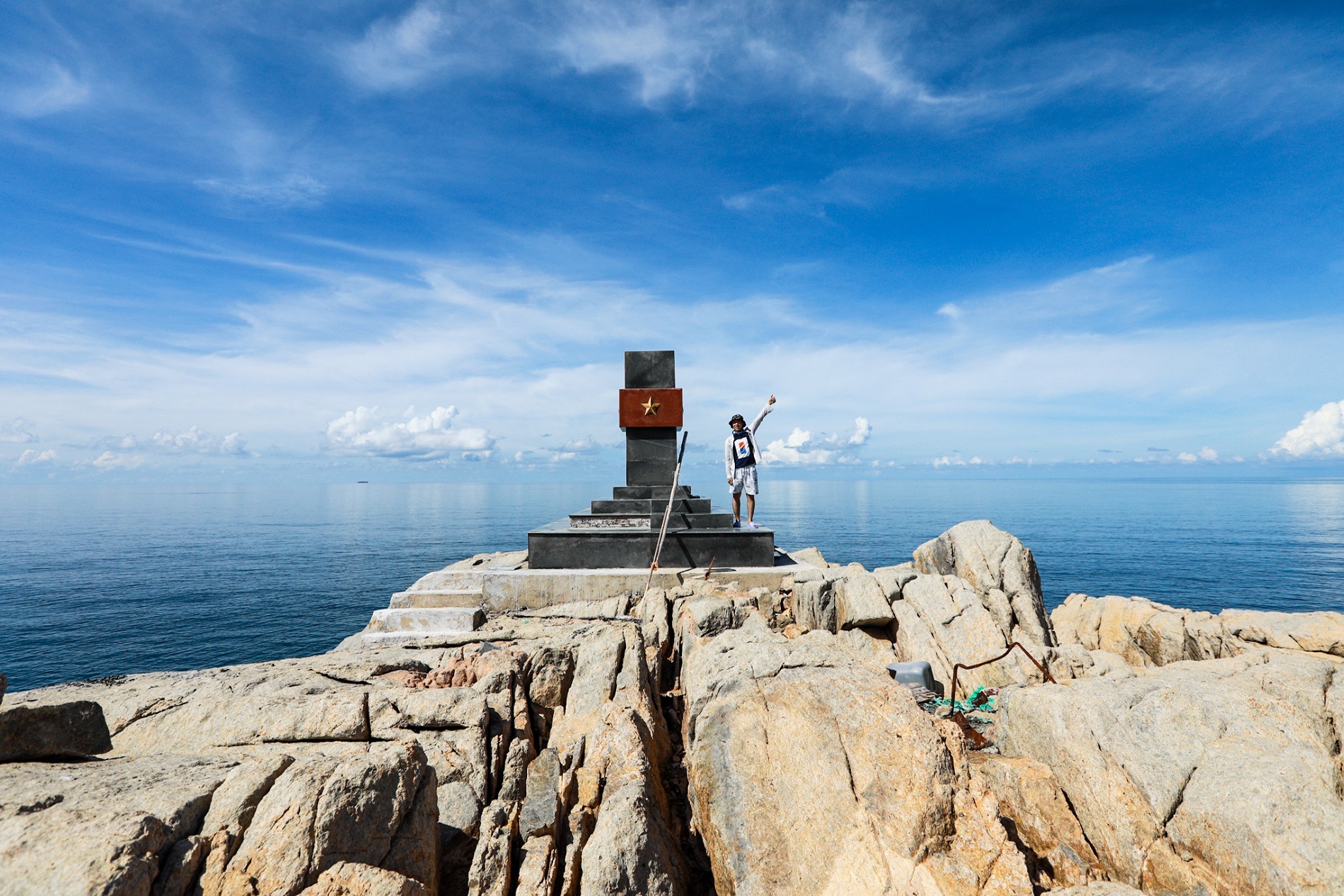
Con Dao is a must-visit spiritual destination in Vietnam, offering breathtaking natural scenery and a rich history of heroism. For those seeking spiritual enlightenment, there are several sites to explore, including Phi Yen church, Con Dao prison ruins, martyr Vo Thi Sau's grave, and Nui Mot pagoda. This spiritual tourism here draws in a significant number of visitors each year, making them a must-see for anyone visiting the island.
Featured Tours: Vietnam Tours
4. Huong Pagoda- Vietnam

Located in the suburbs of Hanoi, Huong Pagoda is a significant historical site in Vietnam. The temple complex consists of several buildings and shrines. The complex connects Yen River, where tourists could enjoy a short board trip here.
Huong Pagoda Festival is usually held on the 6th day of the lunar calendar and lasts until the end of the third lunar month. It is the longest festival in Vietnam, where tourists from all other parts of Vietnam give a chance to visit this spiritual destination.
5. Bai Dinh Pagoda, Vietnam
Nestled within the Trang An eco-tourism area, Bai Dinh Pagoda in Ninh Binh is a renowned spiritual destination in Northern Vietnam. The temple's expansive grounds, adorned with lush greenery, provide a serene setting for Buddhist monks and nuns to congregate and pay homage. Each year, the pagoda draws in a multitude of visitors and pilgrims. Notably, during the spring season, the temple hosts grand festivals such as the Bai Dinh Pagoda Festival, Trang An Festival, and Truong Yen - Hoa Lu Festival.
Featured Tour: Combined Tours
In conclusion, spiritual tourism offers a unique opportunity to explore religious sites and reconnect with humanity's spiritual roots. Whether seeking a sense of inner peace or a greater understanding of the divine, spiritual tourism offers a transformative experience that can enrich one's life in countless ways.


